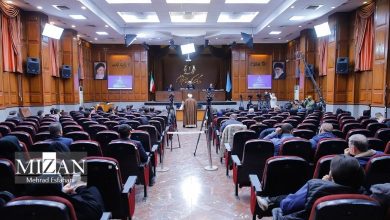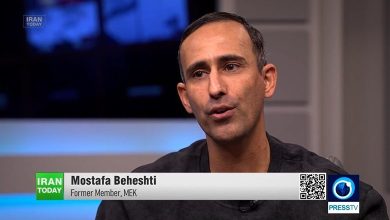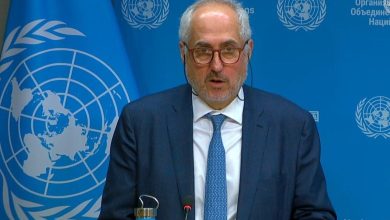The UN High Commissioner for Human Rights called for better leadership of combating the causes of the atrocities
The UN High Commissioner for Human Rights Zeid Ra’ad Al Hussein on Thursday in a gathering in Washington D.C, called for better leadership and a fundamental global rethink of education as a means of combating the causes of the conflicts and atrocities occurring across the world. He said similar processes underlie the atrocities carried out by ISIL in Syria and Iraq, as well as by other groups following the same Takfiri ideology in Somalia, Nigeria, Pakistan and elsewhere. Zeid said the world needs “profound and inspiring leadership” driven by a concern for the human rights and fundamental freedoms of all people. “We need leaders who will observe fully those laws and treaties drafted to end all discrimination, the privation of millions, and atrocity and excess in war, with no excuses entertained. Only then, can we help ourselves out of the present serious, seemingly inexhaustible, supply of crises that threatens to engulf us.” He also indicated that: “Years of tyranny, inequalities, fear and bad governance are what contribute to the expansion of extremist ideas and violence,” the High Commissioner continued. “Few of these crises have erupted without warning. They have built up over years – and sometimes decades – of human rights grievances: deficient or corrupt governance and judicial institutions; discrimination and exclusion; drastic inequalities; exploitation and the denial of economic and social rights; and repression of civil society and public freedoms. In the end of his statement he said: “Every child should be able to grasp that the wonderful diversity of individuals and cultures is a source of tremendous enrichment,” he continued. “They should learn to recognize their own biases, and correct them. Children can learn to redirect their own aggressive impulses and use non-violent means to resolve disputes. They can learn to be inspired by the courage of the pacifiers and by those who assist, not those who destroy. They can be guided by human rights education to make informed choices in life, to approach situations with critical and independent thought, and to empathize with other points of view.”




